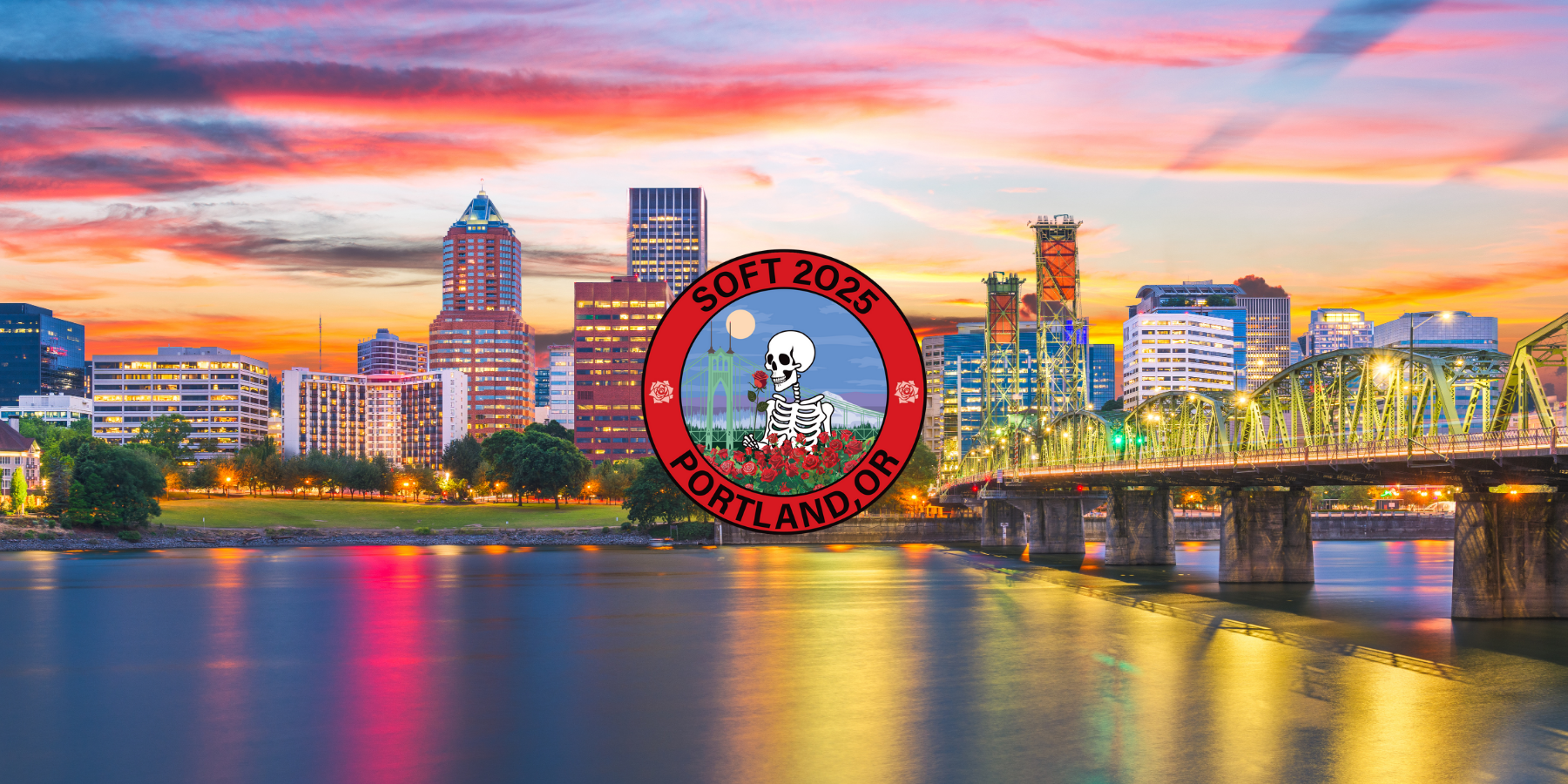|
SOFT 2025 Workshop ProgramProgram Coordinators: Mary Lynn Heffington & Dani MataProgram Dates: Monday, October 27 & Tuesday, October 28 Program Location: Oregon Convention Center, Portland, OR Monday, October 27 | 8:00 AM - 12:00 PMWS01: From Crisis to Calm: Mental Health in Forensic Science Workplaces
WS02: The Rise of Smoke Shops and Commercial Sales of NPS
WS03: A Closer Look at Pediatric Toxicology: Unraveling the Mysteries of Pediatric Testing
WS04: Method Development: Foundations for the New Toxicologist, Part I
Monday, October 27 | 1:30 - 5:30 PMWS05: Forensic Toxicology Validation: Navigating the Latest ANSI/ASB 036 Revisions: Part II
WS06: The “Postmortem Blood Drug Screen”: Analytical and Managerial Approaches
WS07: Choosing Wisely: How Alternative Biological Matrices Shape and Support Forensic Interpretation
WS08: Beyond the Pill Bottle: Prescription Drugs' Hidden Impacts on Driving, Work, and Life
Tuesday, October 28 | 8:00 AM - 12:00 PMWS09: Stimulants and the Road Ahead
WS11: Data Analysis: Collection, Preparation and Visualization
WS12: Roadside Oral Fluid Testing Device Evaluation and Approval
Tuesday, October 28 | 1:30 PM - 5:30 PMWS13: “Can I Say That?” Mastering Expert Testimony in Forensic Toxicology
|

